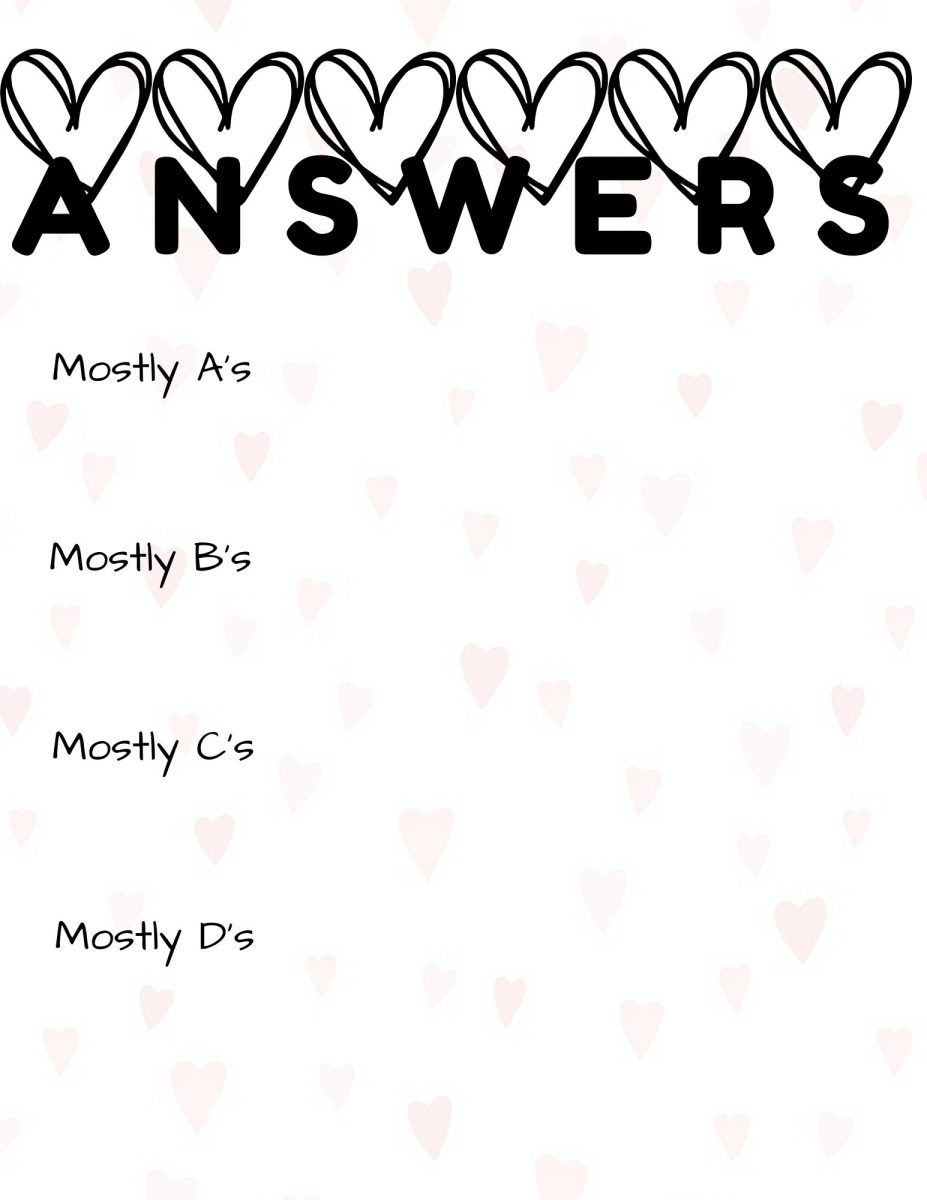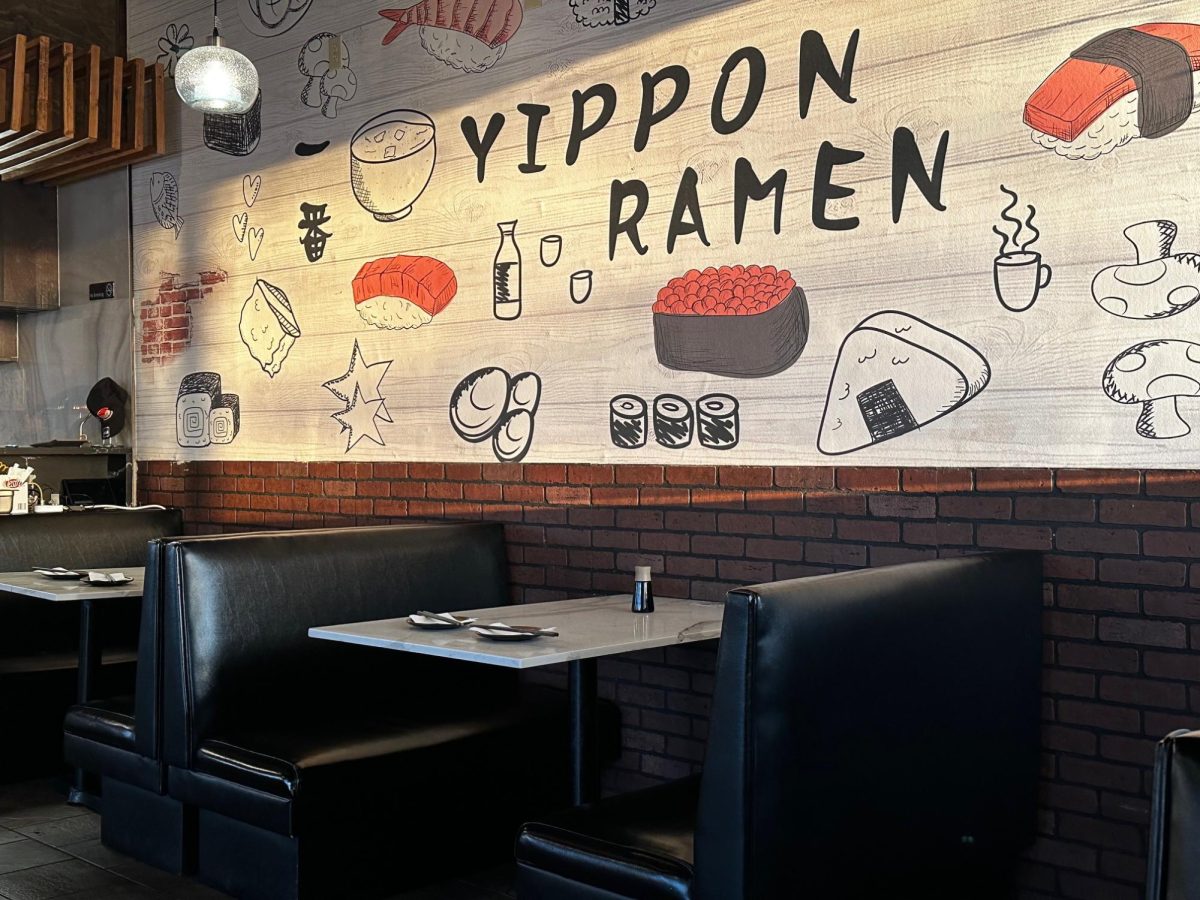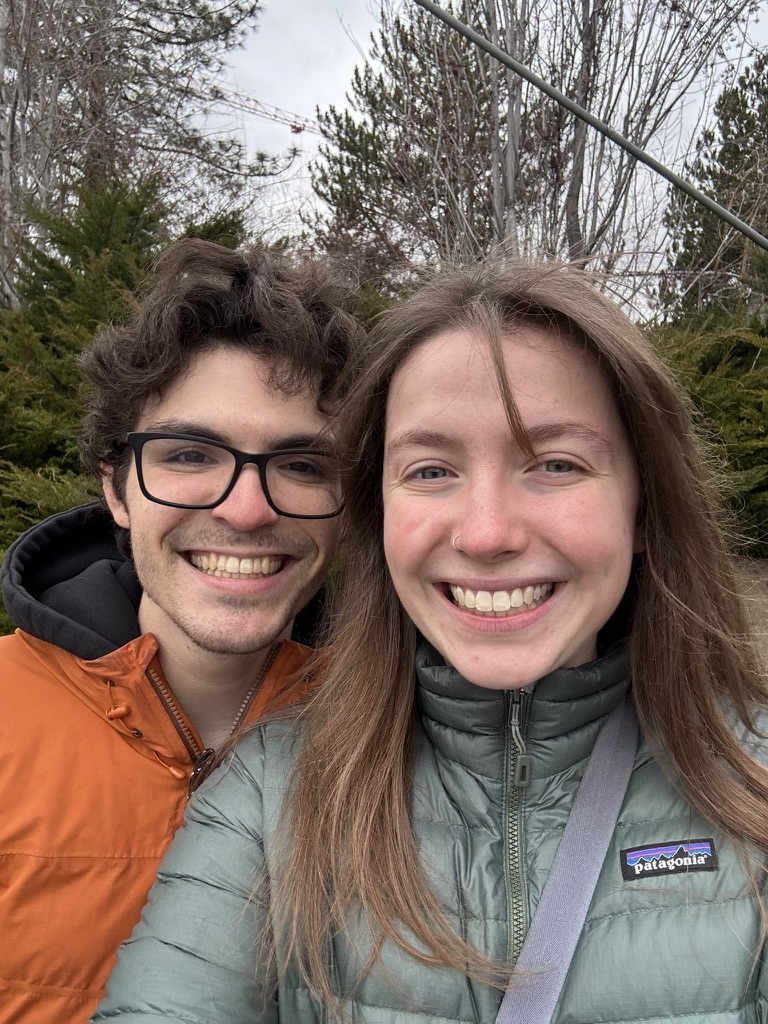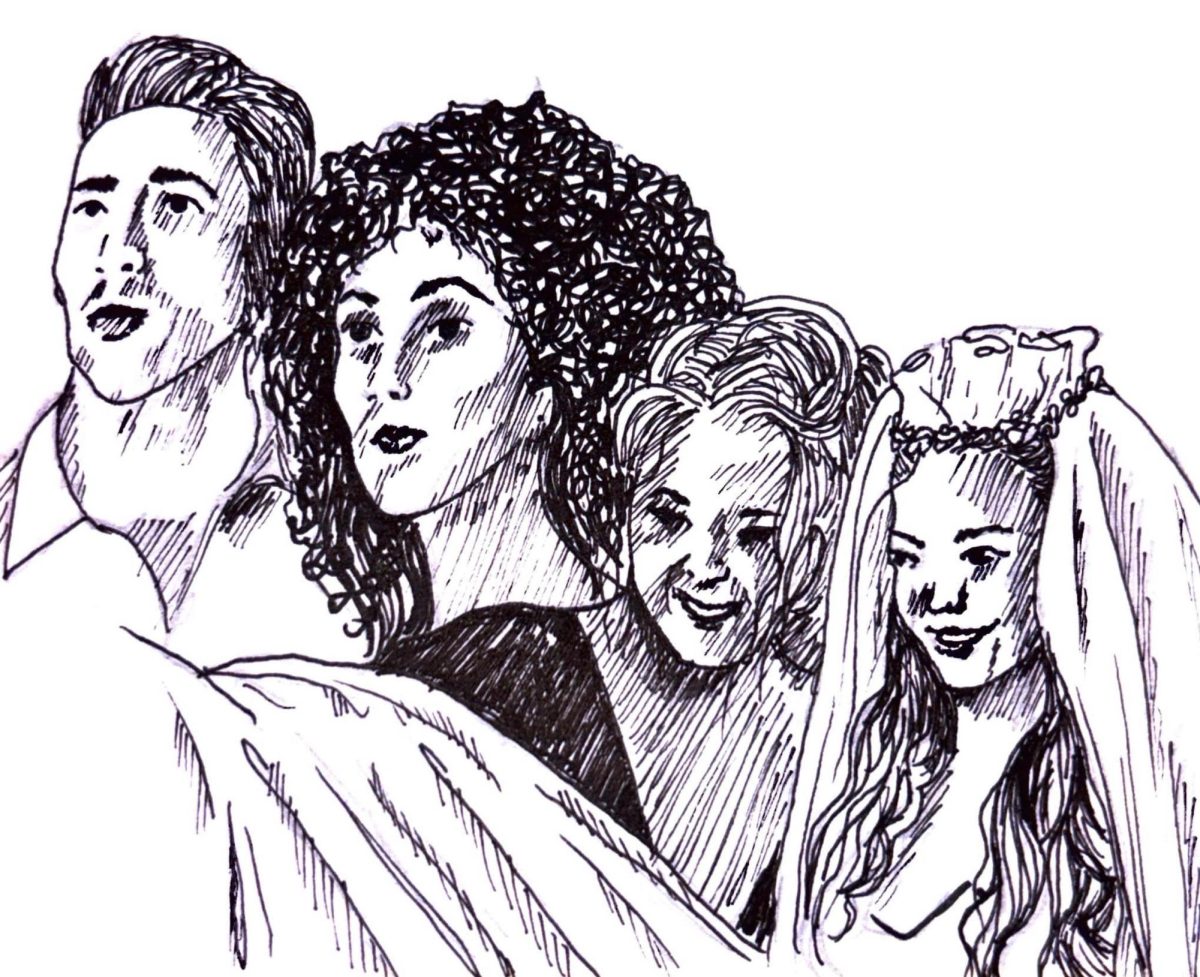On our first date, he bought me a mooncake.
We strolled through the park behind New Town Plaza, a sprawling commercial metropolis only two train stops from my residence at the Chinese University of Hong Kong. He invited me to sit on quiet bench, where he cut the cake into four pieces. “We eat it for the mid-autumn festival, to celebrate the harvest moon,” he told me, presenting me a piece speared on a small plastic fork.
I hated it. The gelatinous cake transforming to a saccharine paste that stuck to the roof of my mouth like peanut butter. But my distaste melted away when I saw his smile.
I met my husband when I was 20 years old. It was the first day of Introduction to Chinese Culture. As an exchange student, I was there to learn more about the country I was to call home for the next nine months. As a medical student, he was there for the gen-ed credit and an easy A. I sat at his table and asked to read his newspaper.
“You can read Chinese?” he grinned.
“Sure!” I said confidently.
“Can you read that?” He pointed to a headline. My confidence faltered; I understood only bits and pieces. I shook my head.
“What about that one?” I shook my head again, suddenly aware of how little Chinese a person can learn in three short semesters. Despite my inability to decipher a single headline, he found me charming. He asked for my phone number. A week later, we were eating mooncakes on a moonlit pathway, and the rest, as they say, was history.
Our courtship was a familiar story. Boy meets girl in an embarrassing meet-cute. Boy finds adorkable girl charming and asks her on a date. Boy and girl fall in love. Yet 11 years later, I’ve come to realize that our extraordinary global romance makes explicit fundamental truths about falling in love — truths we so often feel but rarely express.
Because when we fall in love with someone, we also fall in love with the things that they are — those things that exist beyond them, but are a part of them. For me, that meant falling in love with the city of Hong Kong. When I first arrived, everything felt foreign. I didn’t speak Cantonese, and I was as close to reading the Apple Daily as I was to reading esoteric Buddhist texts. All the food made me queasy. The noise felt overwhelming for a girl who had grown up in the quieter suburbs of Denver.
Yet somehow, I fell for the city through his eyes. The tastes of lai wong bao; the lights of the skyline reflected off the glassy harbor; the soothing melodies of Roman Tam’s Canto-pop hit “Below the Lion Rock.” The sights, smells, tastes and sounds now carry something personal, something that feels like home.
The challenges of living in another country mirrored our romance, too. My struggles to learn Chinese — a 12-year lesson in humility — crystallized all the difficulties I had communicating with someone from a culture that always felt just outside of my grasp.
None of these feelings are limited to cross-cultural relationships. Sometimes it takes a life-changing romance to make us discover an appreciation for ‘90s grunge rock, a knack for creative writing or a passion for snowboarding. In much the same way, understanding the people we love, and making ourselves understood, takes work and patience. It often involves awkward misinterpretations and painful mistakes. This is true whether we marry the boy next door or the boy on the other side of the world.
The love we feel for the extensions of our partners and the uncomfortable truths we learn about ourselves often stay with us even if our partners leave us. For me, my deep, albeit complex, love for Hong Kong became something I filtered through a very personal romance.
As it turns out, however, there are limits. I never did develop a taste for mooncakes.





